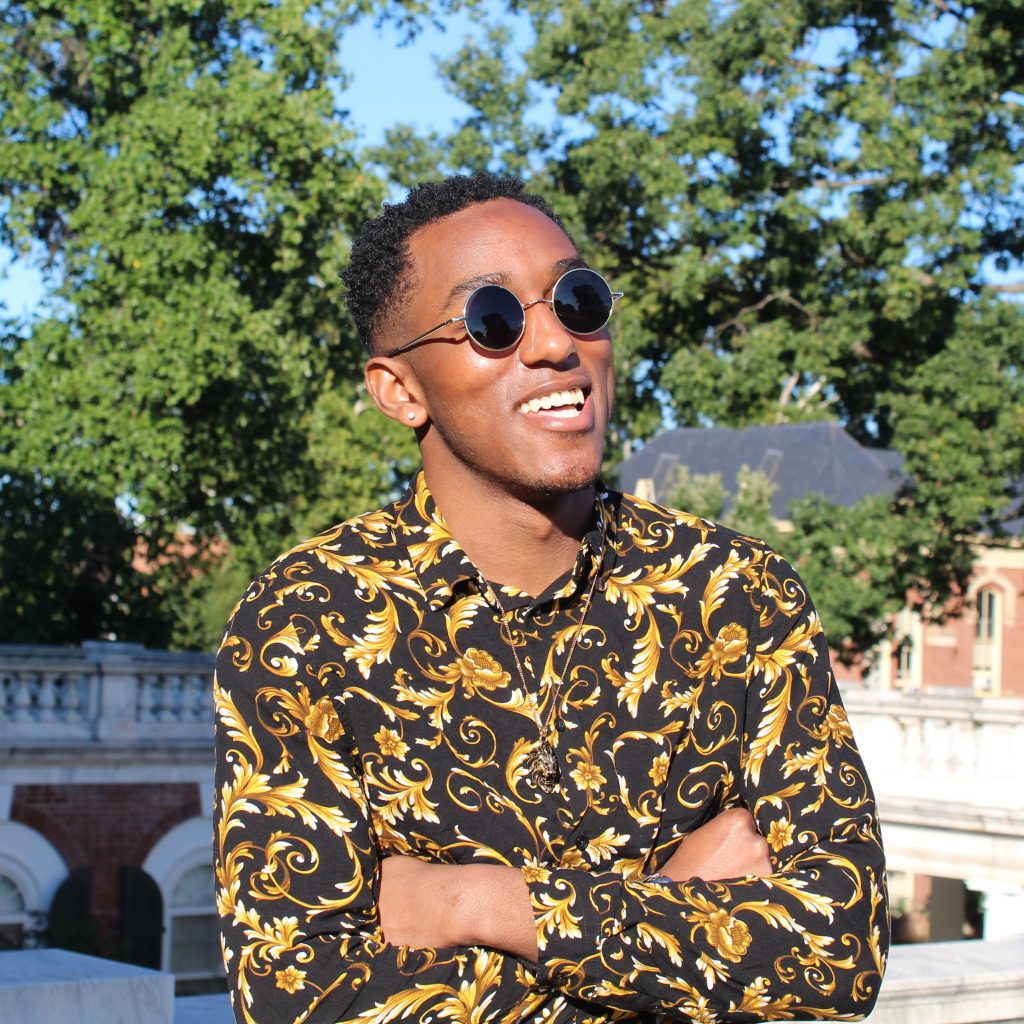by Josh Heman-Ackah, 2021 Undergraduate Summer Research Fellow in Lived Theology
I recently graduated from the University of Virginia, double majoring in biochemistry and religious studies. I have always been intrigued by the concept of a deity whose hands are molding our world. From the initial creation of the universe to everyday occurrences, I am always looking out for where God may be present. During my digging into how a deity may have created the world through a scientific lens, I fell deeper in love with chemistry and its brilliant rules that govern our planet. After this fellowship concludes, I will continue research within the UVA Department of Chemistry, investigating the deuteration of pharmaceutical drugs to increase their efficacy and safety. In my free time, I love to exercise, watch movies with close friends, and serve in my local church and community.
For the Project on Lived Theology, I will create a digital exhibit showcasing the Civil Rights Movement in Virginia. Despite what people may believe, there is a huge scarcity of resources related to the movement in Virginia relative to other states. And out of what is recorded from Virginia, even less is accessible to the public. This project utilizes primary sources, such as autobiographies, interviews, newspapers, and court cases, to collect, catalog, and share as much information as possible about this subject. Topics for this Civil Rights exhibit will include integration, interracial marriage, UVA racial unrest, Dr. King/SCLC, the Lynchburg Christian Academy, voter rights, African American efforts, protests/boycotts, and more. Recently, I interviewed Douglas E. Thompson, the author of Richmond: Priests and Prophets, a compelling narrative of civil rights and religion in Richmond, Virginia. Additionally, I have drafted a summary of information gathered from various primary and secondary sources about the Loving v. Virginia case, which legalized interracial marriage in Virginia and set a precedent that would forever change marriage in the United States.
My research interests are focused primarily around the 1950s, when laws and attitudes regarding segregation and race drastically changed. I am most intrigued by what society looked like from a real-world perspective. I want to know how it was determined that in a particular state, African Americans could enter and patronize a store, but not use the changing room or sit down at the lunch counter. I want to know more about the thoughts and attitudes of African Americans, especially as they lived through segregation day to day. I deeply want to know the individuals who paved the way for my future. If I was born even fifty years earlier, I would not be able to vote or dine in certain restaurants, and would have had several basic rights withheld from me. Most importantly, I would love to discover how the existence of God and religion have shaped the foundation of segregated systems, and how those same influences helped Virginia break out of those racialized structures. People should study history so that they do not repeat the same mistakes. Virginia will inevitably slip back into its old habits if it does not even know its history to begin with. This project will help pave the way for continued growth and understanding within the state.
Learn more about the 2021 Undergraduate Summer Research Fellowship in Lived Theology here.
The Project on Lived Theology at the University of Virginia is a research initiative, whose mission is to study the social consequences of theological ideas for the sake of a more just and compassionate world.

